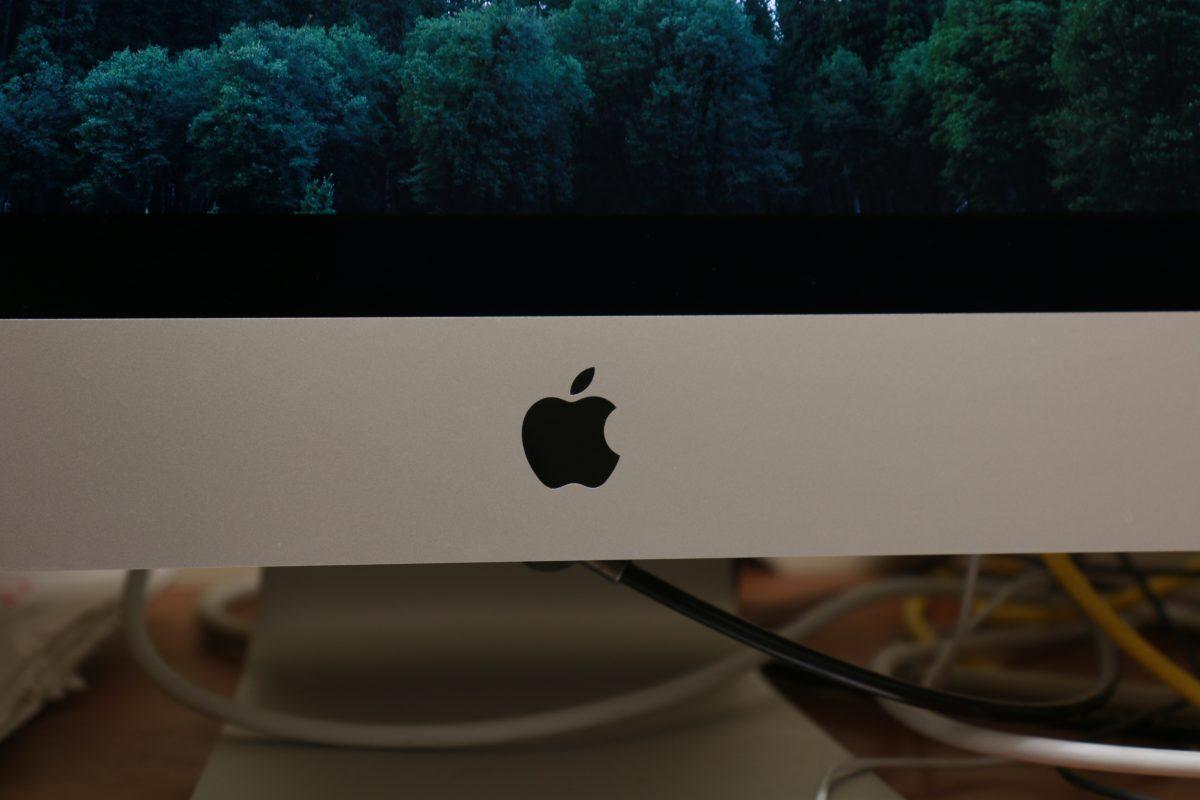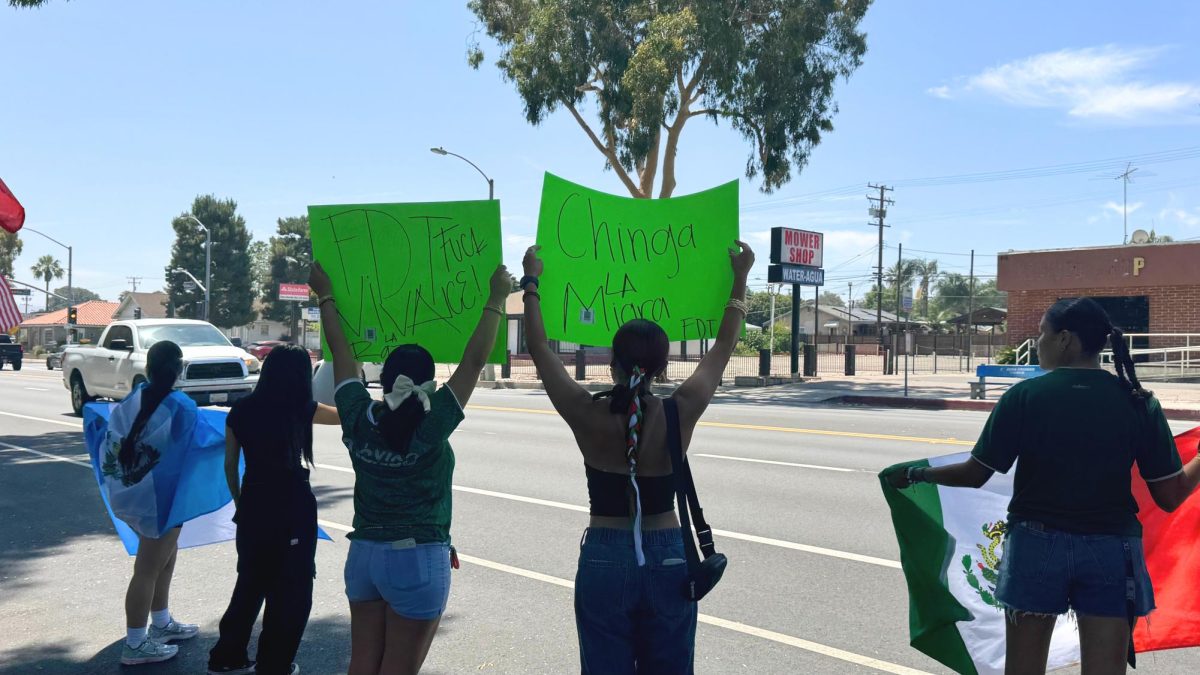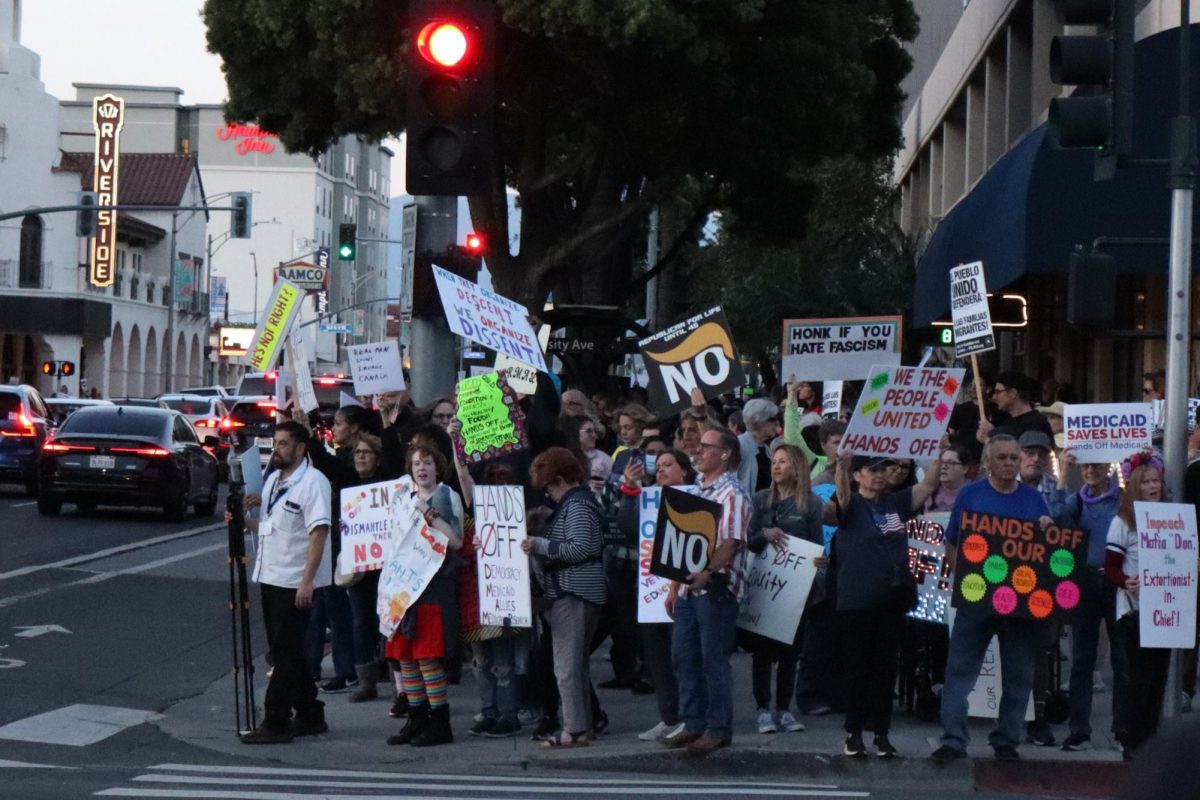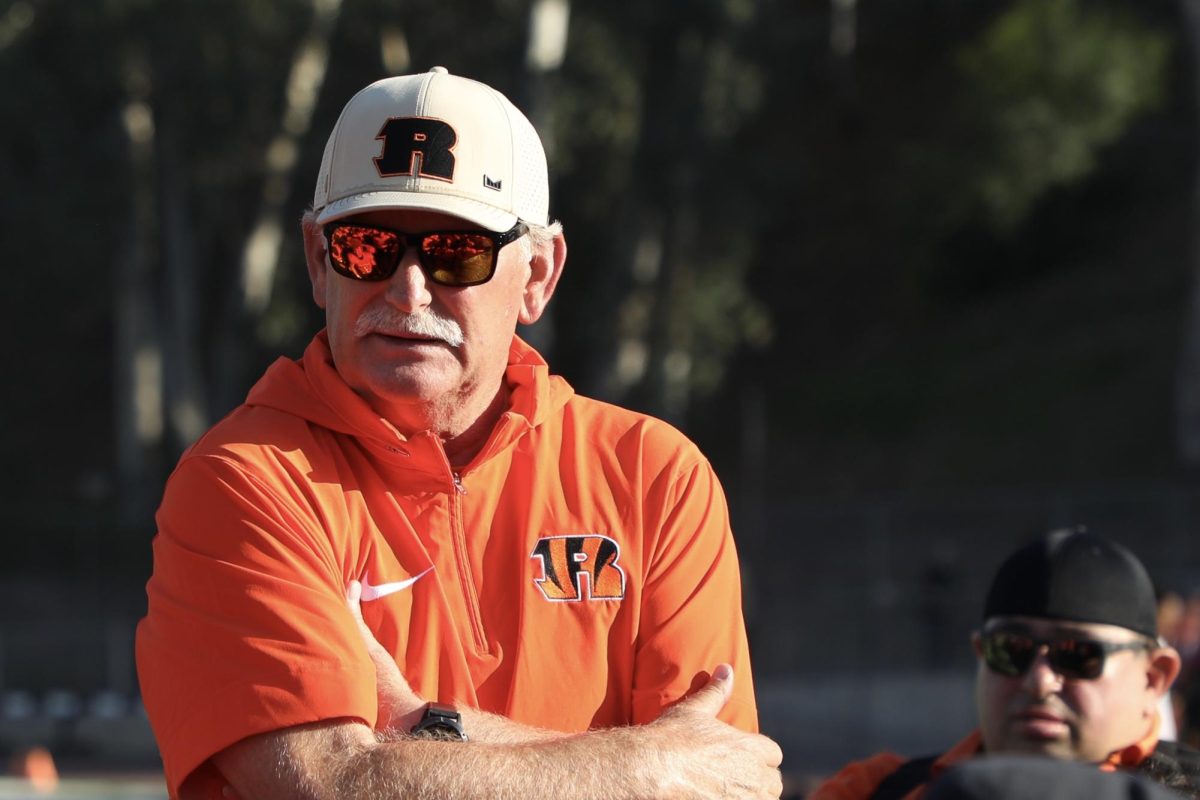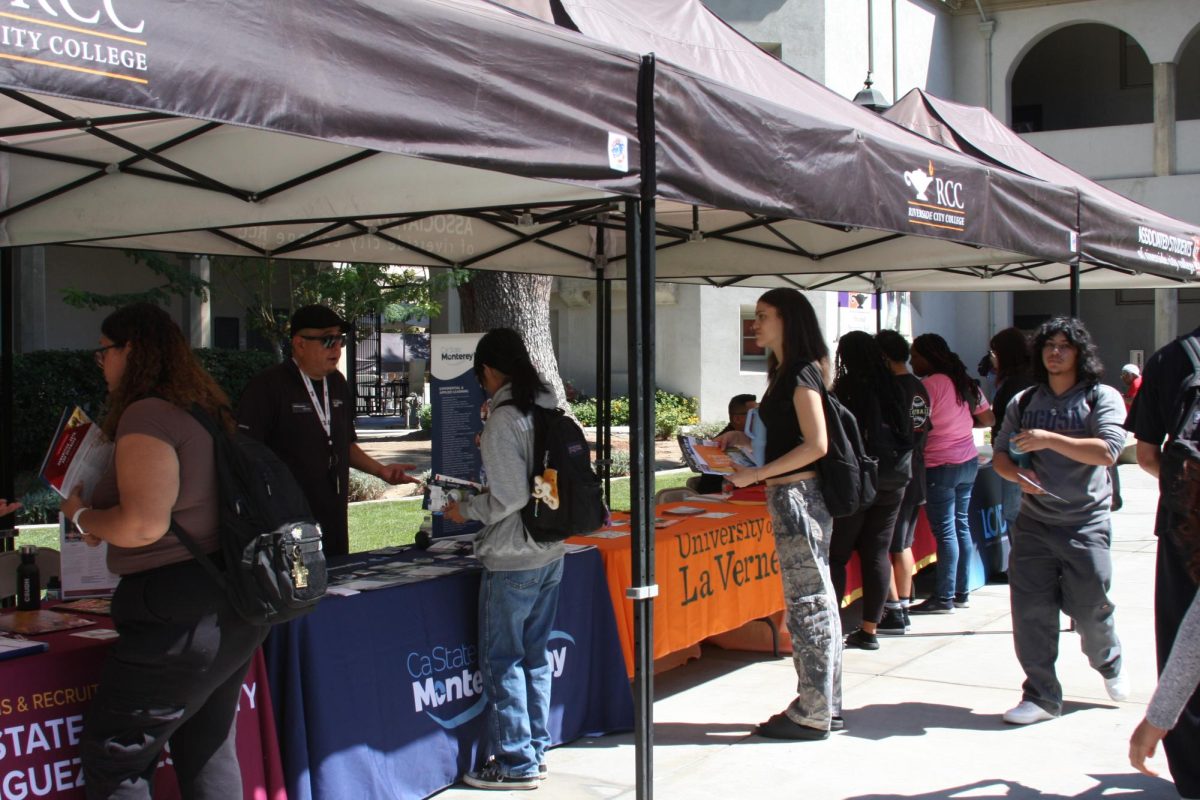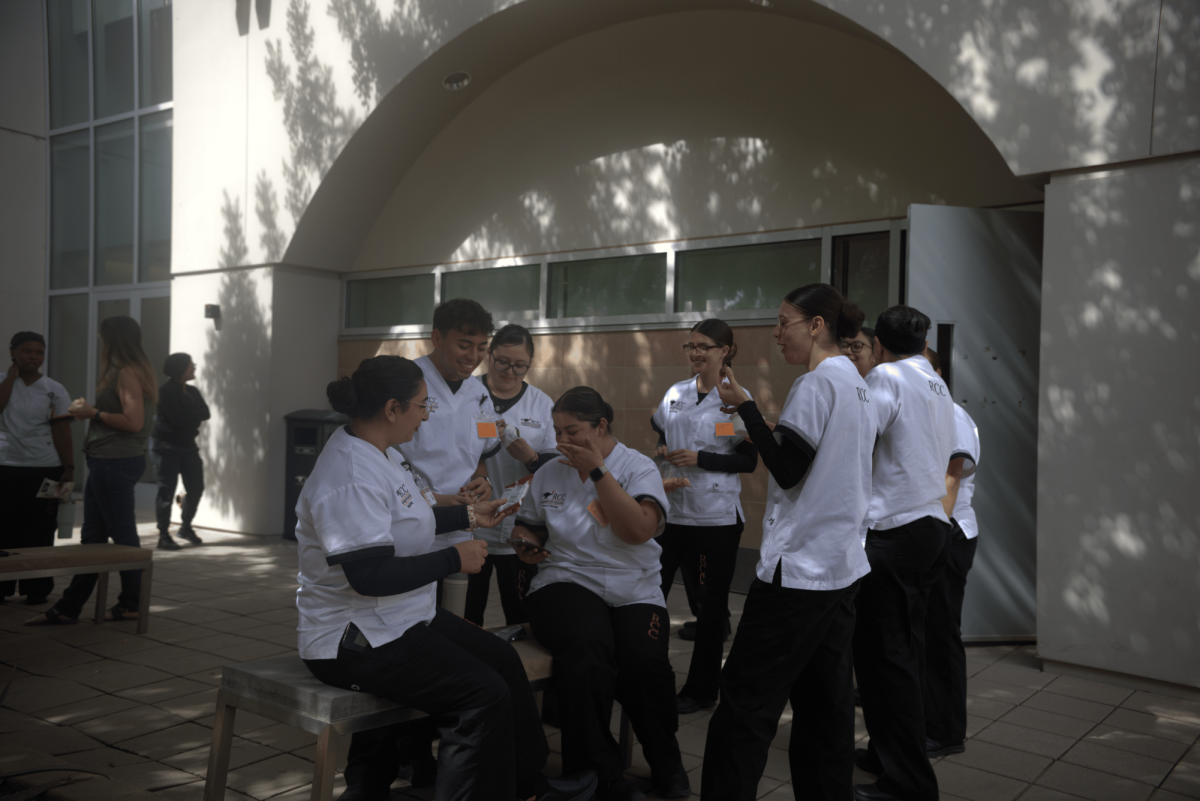By Brooke A. Cary
The Dec. 2 ,2015 terrorist attack in San Bernardino at the Inland Regional Center has now been given a global platform as Apple has stated its opposition to an order by a California judge to unlock an iPhone operated by Syed Rizwan Farook, a shooter in the act along with his wife, Tafsheen Malik.
Farook previously attended Riverside City College with his former neighbor, Enrique Marquez, who has been charged with purchasing and providing semi-automatic weapons which were used in the attack.
After the attack, Farook’s iPhone was found locked with a passcode in his home, according to the Federal Bureau of Investigation. The FBI have since asked Apple to unlock the iPhone and bypass a security feature which auto-erases data after 10 failed attempts to get into the device.
But Apple is concerned about another security problem. “They have asked us to build a backdoor to the iPhone,” Apple CEO Tim Cook said in a letter released to customers, Feb. 16.
Unlocking the phone would require Apple to build a new iOS system, bypassing the encryption on the iPhone and releasing potentially critical data on Farook’s iPhone to the FBI.
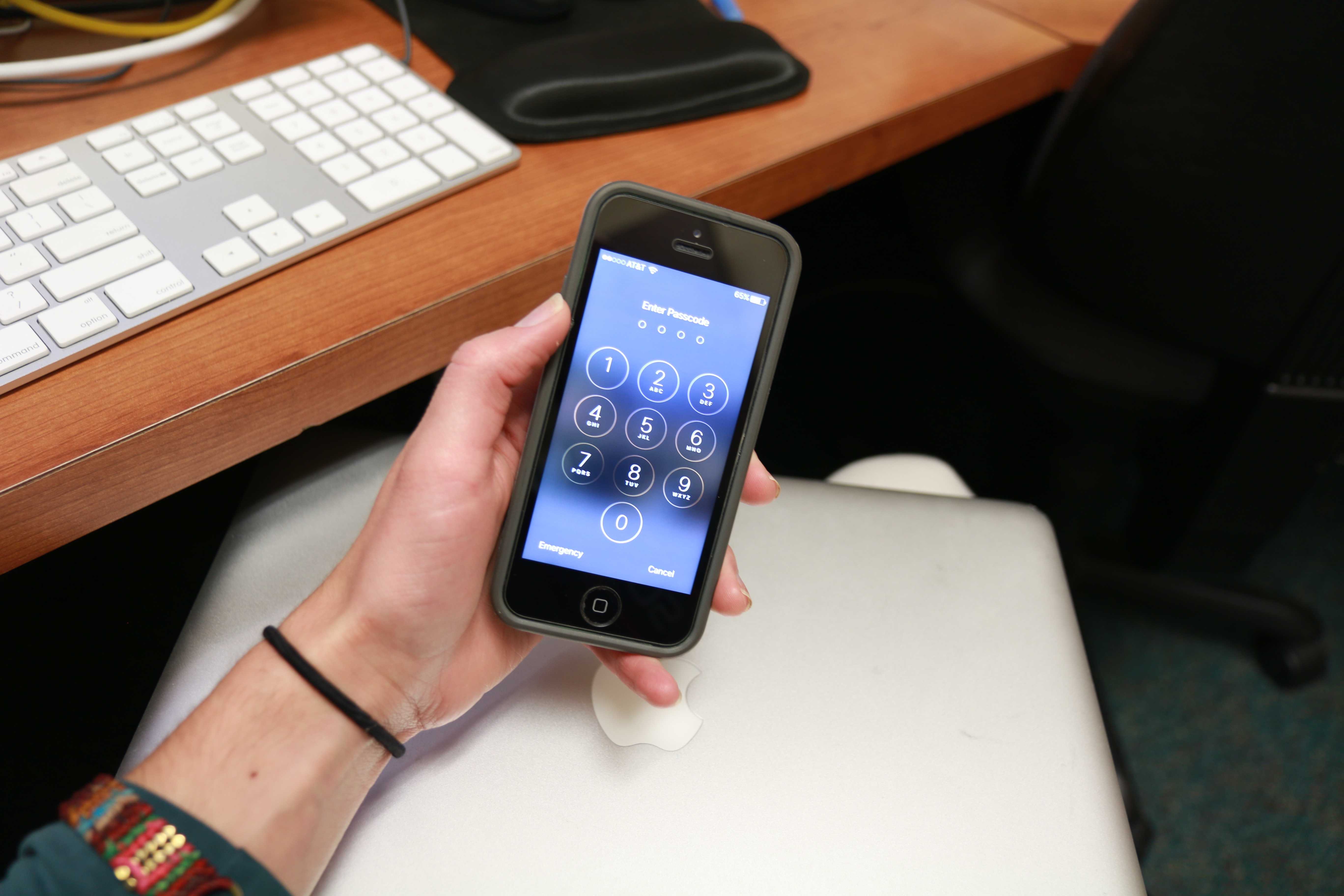
The new operating system would not only unlock Farook’s iPhone, but would build a gateway to unlock every iPhone in physical possession, Apple said.
“The ‘key’ to an encrypted system is a piece of information that unlocks the data, and it is only as secure as the protections around it,” Cook said in his letter to Apple customers.
He (Cook) made the argument that removing these protections would violate core company policy and commitment to data protection of its customers, however, the California justice system has placed the jurisdiction in another court.
Officials have stated that the order would not be violating the privacy of a customer or individual, because the iPhone technically was Farook’s work iPhone–owned by San Bernardino Department of Public Health.
In a statement released Feb. 17, the White House showed full support for the Department of Justice in its attempt to unlock the phone.
“They are not asking Apple to redesign its product or to create a new backdoor to its product,” said White House Press Secretary Josh Earnest. “They are simply asking for something that would have an impact on this one device.”
The DOJ is hoping Apple can remove the auto-erase security feature on the specific device, without impacting the other devices. Apple has claimed that this is “simply not possible” without risking security to all iPhones.
The California justice system will continue to press use of the All Writs Act of 1789, “a rarely used law that allows judges to issue orders they deem necessary and appropriate,” LA Times posted Feb. 17.
As usual, social media quickly revealed how customers and other tech companies view the legal battle. Apple supporters tweeted:
“I stand with Apple (Y)” – @M_Mehanny
“Stay strong @tim_cook! Protect our privacy. Never give in.” – @iamloonyluna
“Steve Jobs would have been very proud of Apple’s recent customer letter.” – @SDTormey
“This isn’t about privacy versus security; it’s about surveillance vs privacy”- @ncardozo
The DOJ originally gave Apple five days to respond to the court order, making the deadline Tuesday, Feb. 23.
On Feb. 17, the courts gave Apple an extension of three days, pushing back the deadline to Feb. 26.

